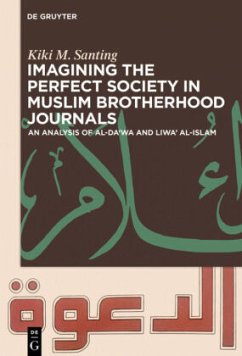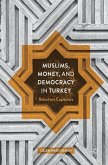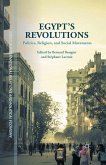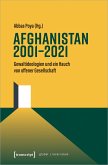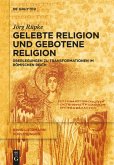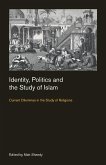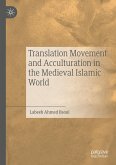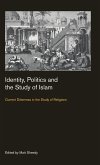The investigation of the Egyptian Muslim Brotherhood during the presidencies of Anwar Sadat and the early years of Hosni Mubarak is based on the movement's main journals, al-Da'wa and Liwa' al-'Islam, presenting its history during two relevant periods: 1976-1981, 1987-1988. These journals show that, contrary to the focus in modern research (e.a. sharia laws, gender relations, or ideas of democracy), the Brotherhood is a much more broadly oriented, social-political opposition movement, taking Islam as its guideline. The movement's own versatile discourse discusses all aspects of daily and spiritual life. An important adage of the Brotherhood is Islam as a ni am kamil wa-shamil, 'a perfect and all-encompassing system'. Faith should play a role in every aspect of daily life, from cooking dinner and housekeeping to education, holidays, enemy images, legislation, and watching television. Islam is everything, and everything is Islam. In its journals the Brotherhood provided its unique reflection of the spirit of the age. The movement presented itself as a highly reactive group that responded to current events and positioned itself as a moral, religious and political opposition to the Egyptian regime.
Hinweis: Dieser Artikel kann nur an eine deutsche Lieferadresse ausgeliefert werden.
Hinweis: Dieser Artikel kann nur an eine deutsche Lieferadresse ausgeliefert werden.

